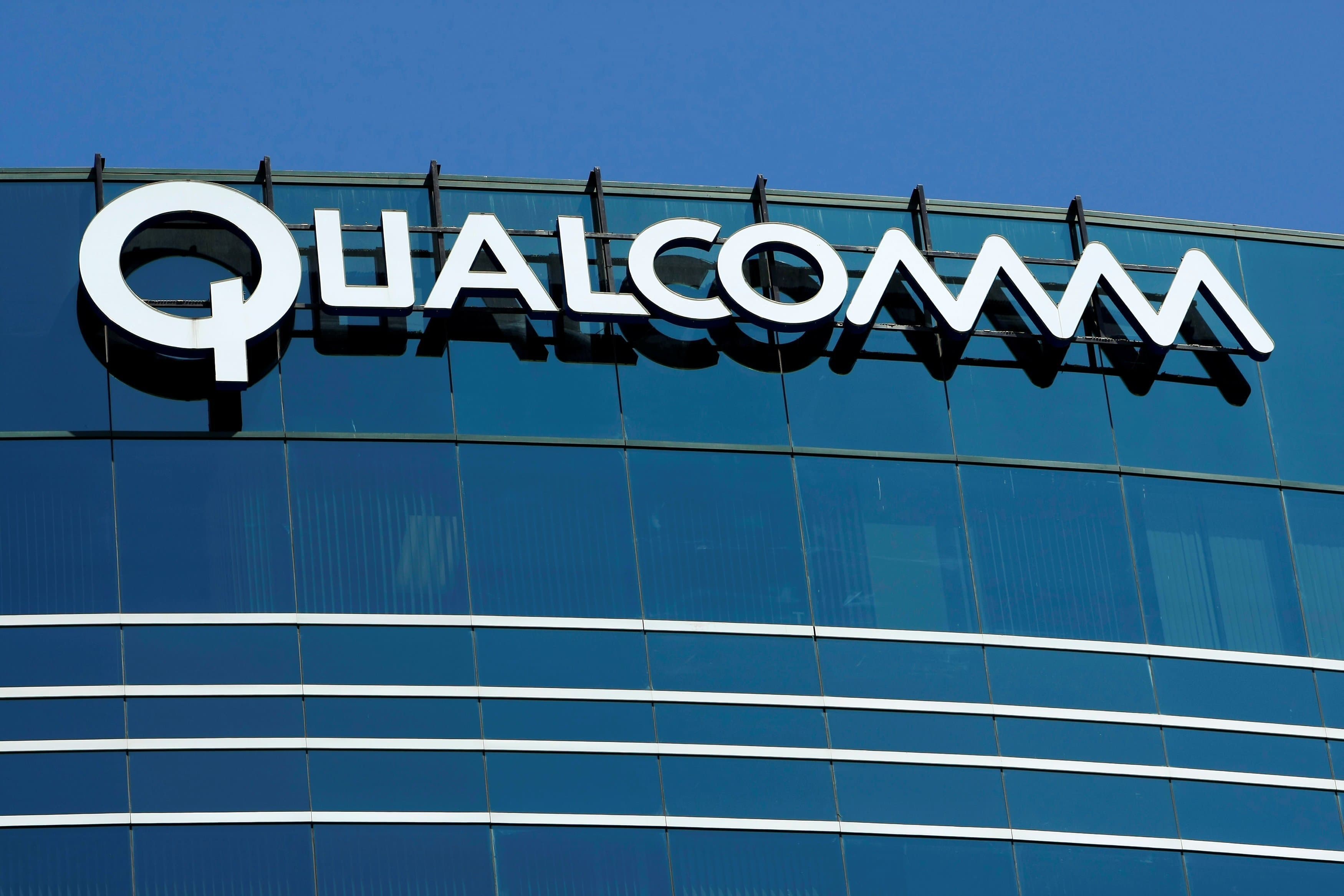Apple set a high bar with its M1 processor, and obviously major competitors are going to try to reach it. But Apple’s head start may be one of the company’s best strengths moving forward, at least for a little while out of the gate. But all that really means is more competition in the segment, which is good news.

According to a report from PCWorld (via MacRumors) earlier this week, Qualcomm has shifted its initial timeline for the release of its first Nuvia-made processor. This chip has always been destined for the “performance market,” and Qualcomm has firmly planted it as a competitor to Apple’s M1 processor.
When the effort was first announced, the initial launch window was “sometime in 2023.” Now that it’s “late 2023,” it appears that we should expect to see the new processors see the light of day sometime around the holiday shopping season. Which could be good timing on Qualcomm’s part, ultimately. Especially if there are some noteworthy PCs running Windows 11 available to buy.
Though, it’s worth noting that Qualcomm is not calling this a delay of any kind:
That appeared to be a delay, given that Qualcomm was relatively specific late last year about its timeframe—and it’s not quite clear what ‘have that’ means in terms of either sampling the part or shipping it, either. A Qualcomm representative said in an email, however, that the timing was consistent with the roadmap the company presented at its investor day last November. ‘2023 refers to device launches,’ the Qualcomm representative said.
The timing of it all could be very important for Apple, the company’s own leaps and bounds in development not withstanding. Qualcomm is still positioning the first Nuvia-made, Arm-based performance processor as a competitor to the M1. However, The M1 Pro, the M1 Max, and even the M1 Ultra have already surpassed that initial SoC’s capabilities. And then there’s the fact we’re supposed to see the first M2 processor before the end of this year.
So we could be well into M2 Pro and M2 Max chips, or even maybe an M3, by the time Qualcomm’s M1 competitor sees the light of day. Or maybe the non-delay is Qualcomm and Nuvia tweaking things even more, and perhaps they are aiming for even greater performance heights with their first chip.
Qualcomm acquired Nuvia, a chip start-up in January of last year. And the goal ever since has been taking on Apple’s M-series processors. It just sounds like we’ll have to wait a little bit longer before we see what that looks like.
Here’s hoping it gives a big boost to the whole market.